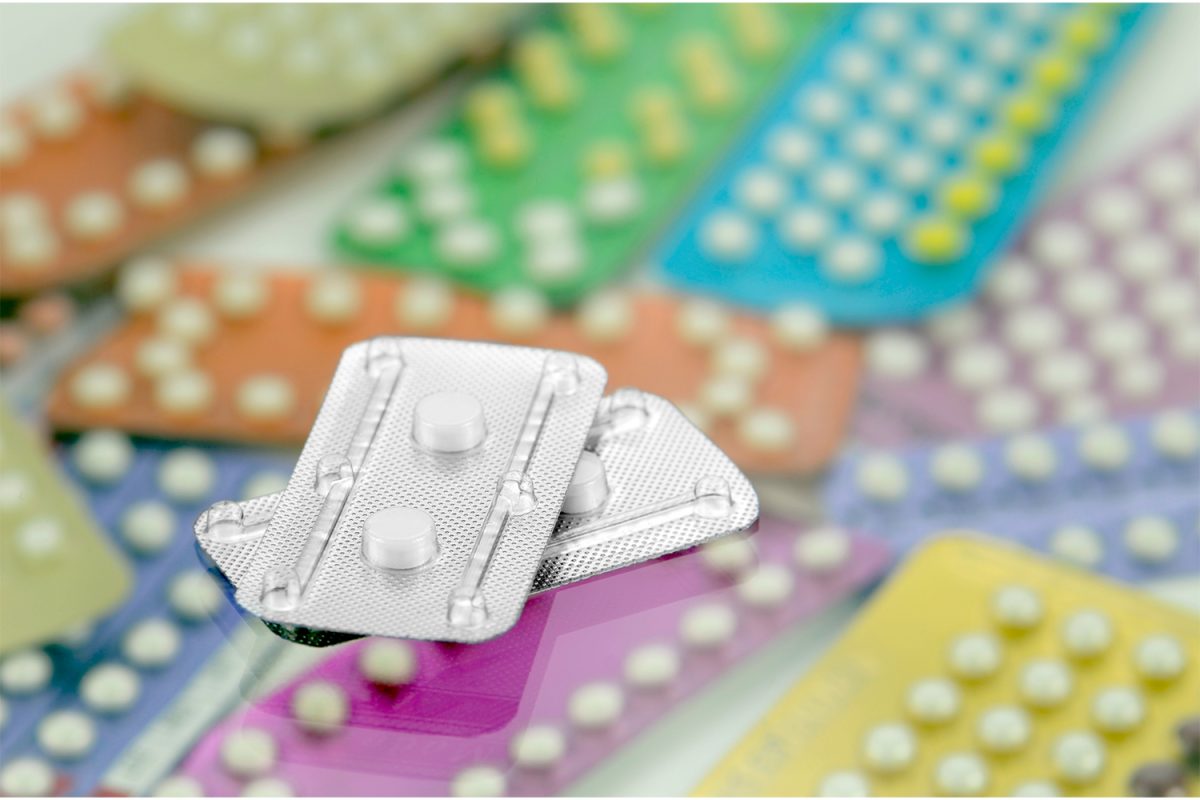If Iowa is going to prohibit abortion — with exceptions — why not make Plan B free?
Polk County is now offering free morning-after pills through its health department. More counties in Iowa and across the U.S. should follow suit.
Plan B typically costs $40 to $50 over the counter, which is expensive compared to other necessities. As emergency contraception, it should never be this costly. Plan B is not only a necessity — it’s a basic human right to have control over one’s own body.
Interestingly, the investors behind Plan B are all men. With an average sale price of $46, Plan B had more than an 85 percent profit margin when it was sold as a prescription drug.
Why do we make health care so unnecessarily difficult — and expensive — for women in the U.S.?
Many women can’t afford contraception to prevent pregnancy. In fact, 25 percent of women said they weren’t using contraception because it was too expensive. Without insurance, women could spend up to $2,400 a year on birth control.
Over-the-counter birth control costs about $19.99 a month, or $239 annually. Not all birth control is created equal, though. The cost includes only an oral contraceptive pill. Due to user error, birth control pills have a 91 percent efficacy rate with typical use. Other forms of birth control, like the Depo-Provera shot, can cost $150 at Planned Parenthood without insurance, totaling $600 annually.
This is important to note when blaming unintended pregnancies solely on women. If women aren’t using birth control, they risk paying outrageous prices for a pill to prevent pregnancy.
Opponents might argue it’s their responsibility, and while that may be true in some cases, the cost of an unintended pregnancy will set women back an average of $18,865.
Free Plan B can also help those in abusive or non-consensual situations prevent what could be lifelong consequences. At the very least, emergency contraception should be free for sexual assault survivors.
Providing free Plan B would give women a sense of safety. It ensures they have options in an emergency and can make decisions about their own bodies.
Offering free emergency contraception benefits more than just women — it also supports public health. When Plan B is free, there’s a chance of reducing the number of abortions, procedures that can pose health risks.
In the U.S., 41.6 percent of all pregnancies are unintended, though the rate has decreased over the span of nine years. However, this data was recorded in 2019, before Roe v. Wade was overturned and discussions about access to contraception intensified.
Additionally, 95 percent of unintended pregnancies in the U.S. end in abortion. At Planned Parenthood, an abortion costs upwards of $580. While the Hyde Amendment prohibits federal funds from being used for abortions, exceptions are made in cases of rape, incest, or when the pregnancy endangers the woman’s life.
For staunchly pro-life individuals, this creates a moral dilemma. It also raises questions about the state of sexual education and health care in the U.S.
Iowa ranks 23rd in teen birth rates, with 12.7 teen births per 1,000 women. While Iowa requires sexual education in schools, there’s no mandate to include instruction on consent. In a state that allows abstinence-only sex education, the lack of focus on consent and healthy communication is concerning.
Safe and protective sex is crucial in so many ways. The Polk County Health Department isn’t just helping those not ready for a child — it’s offering preventative options for anyone in need with its Reproductive Health Kits. Each kit contains two doses of emergency contraception, condoms, lube, and a reproductive health guide to help Iowans navigate sexual and reproductive health decisions.
Universities across the U.S. are also taking matters into their own hands when it comes to reproductive rights and emergency contraception. According to USA TODAY, 39 college campuses across 17 states offer emergency contraception vending machines.
The University of Iowa could very well be one of these state universities that offer emergency contraception vending machines in partnership with UI Health Care. With Iowa on the list of states with a six-week abortion ban, this addition could help many students out.
When rights are not only restricted but also too expensive for those in need, unsafe alternatives become more likely. Free emergency contraception would reduce stigma, keep women safe and healthy, and lower the chances of unintended — and potentially unwanted — pregnancies.



